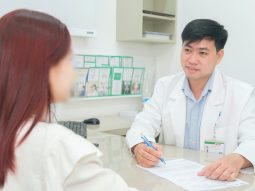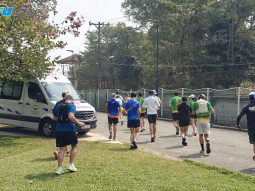While most of us simply surrender to the notion that for many cancer patients, the hope for survival is as faint as a shadow, one French doctor argues to enlighten and renew hope with perseverance and confidence. Spending years on a relentless search for knowledge and more novel and effective treatments, she has now set foot in Vietnam. She is Basma M’Barek, head of the Oncology Department at FV Hospital

Dr. Basma M’Barek’s destination, FV, has also been on its own search for the best solution to this disease. Their encounter was unpredictable yet inevitable, since both share goodwill towards their patients and the dream of finding a cure to this seemingly hopeless disease.
FV’s Oncology Department is now an independent Cancer Care Centre under the name Hope, was invested millions USD to upgrade in 2018. And if you follow the steps of a certain young lady from France, who became Oncologist at the age of 26 and undertook a rather unexplored path in oncology treatment, you might see how she aspires to realize the faintest of hopes. She has taken intensive courses on cancer, tumours and radiotherapy, along with a practicing career in major hospitals both in France and all across Europe. And after all that time proving herself professionally and nurturing a successful career, she has come to Vietnam, where an oncology institute named Hope exists…
I am here to make partients belive in their hope!
For the sake of saving lives, anywhere you go and any choice you make is the right one. But I would still want to know the reason why you chose to come to Vietnam?
Having worked in France for 18 years, I’ve accumulated a lot of experience in my field of work, but what I always wanted was a chance to challenge myself and explore new lands and their culture, especially Asia whose culture is extremely rich. Within months after the idea came to my mind, fate has brought me to FV Hospital as they went on a search for the new oncology center’s head doctor.
On discovering the institute’s working environment, I believed that FV would be a place where I could advance further and contribute more. And the journey with my FV team of associates over this recent period of time has not proven me wrong. I believe that with my knowledge of science, I will be able to pass on my experience to my associates and help them develop new and improved treatments for the hospital. In addition, by observing the reaction of my patients here, I’ve had the chance to learn more about the people and culture of Vietnam. This contributes to my codex of proper behaviour and treatment towards a patient in as many aspects as possible.
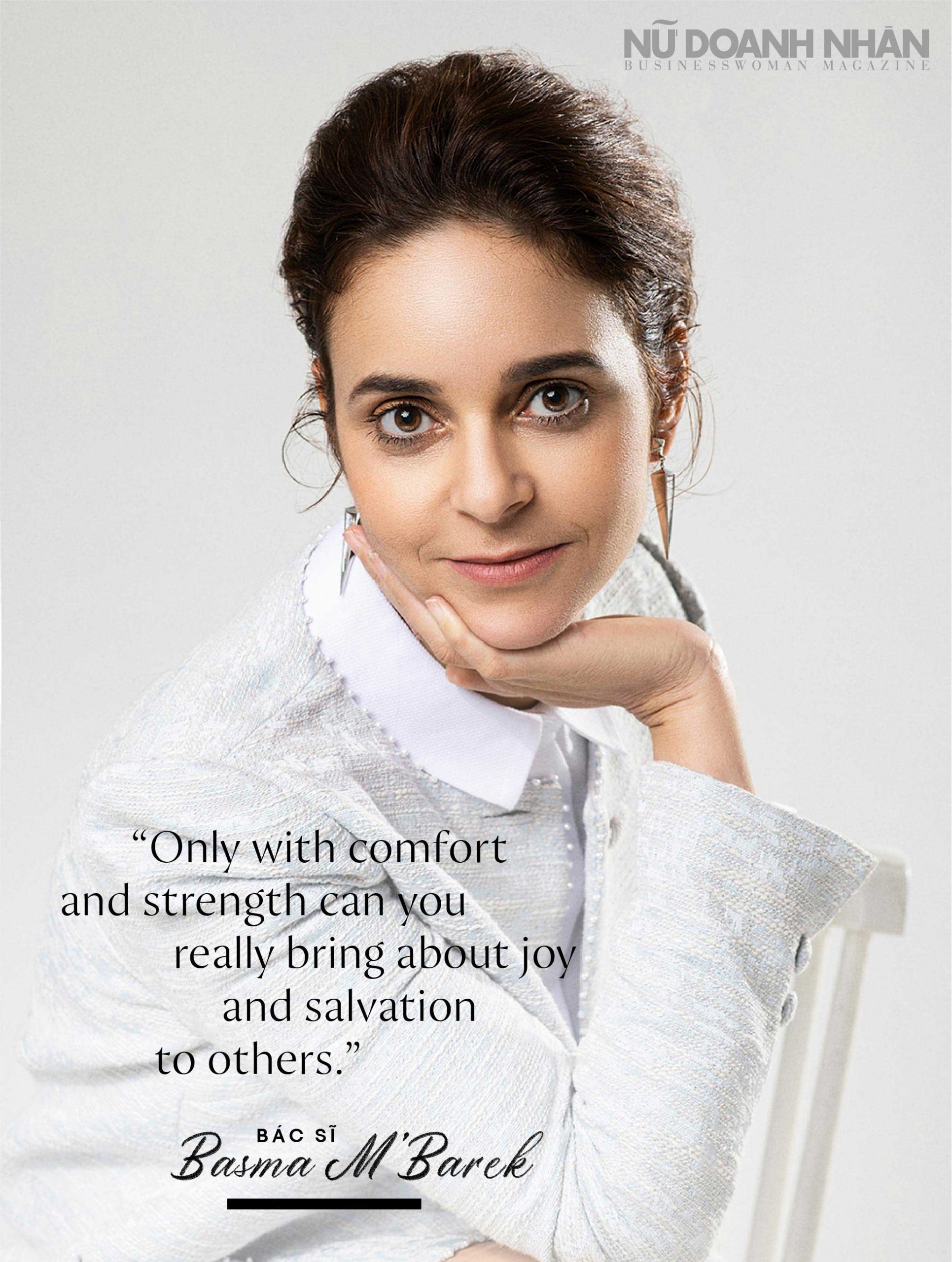
Indeed, FV is an excellent destination for competent foreign doctors, so this fact doesn’t surprise me. But may I ask what kind of value do you wish to bring about, to the hospital in general and to the Hope Institute in particular?
There are three things that, I hope, I could bring to FV. First is the knowledge on how to operate the cutting-edge pieces of equipment that the hospital just brought in, specifically the new radiotherapy device that I’ve had many years of experience working with in Europe.
Second is the aspiration for knowledge that I would like to inspire in those who work with me, as a mind for innovation and new treatment discoveries are of the essence to any doctor. If you become satisfied with your present, you will become “obsolete” within three years and lose the motivation to continue this journey.
And finally is the closer approach towards a patient’s psychology. Treating cancer for me is not only about curing the disease itself, but curing the mentality of its bearer. A doctor must be able to take into consideration the many aspects of a patient’s life in order to accompany them in a long, struggling and even perilous treatment, and to hopefully reap the best results.
Having been officially appointed head of the Oncology Department at FV Hospital since August 2018, and with your eager thirst for knowledge and discovery, you must have come up with a great deal of research in your field of operation over the course of eight months?
I’ve come down to the local facilities more than once and realized that the local-level medical care network is relatively good in comparison with other countries. Your major hospitals and the international ones are applying world-class treatment methods and equipment, only a few months behind European countries.
However, a stinging issue that exists in your country’s hospital work is that the patients are not updated with the aforementioned advancements, thus leading to their distrust in local hospitals as well as doctors. Despite the devoted services offered by domestic international hospitals, patients would often opt to seek treatment overseas if they were financially capable. The most important thing, I believe, is to gain these patients’ trust and confidence in the doctors here in Vietnam.
Where to seek treatment is entirely up to the patients and their family, but what I want to say is that at the Hope Institute, our treatment is backed by the latest knowledge and technology, and I assert that my greatest endeavour here is to earn their trust. Their success in treatment is my success in my medical career.
I fight with them till the very last moment!
Hope is the best we could give each other for encouragement, especially for oncologists who have to face pain and anguish everyday. That being said, it’s great when you give your patient such hope. It is not merely for the sake of encouragement, but is based on something solid.
At the moment of speaking, oncology is one of the top priority departments at FV, following the hospital’s guidelines of putting our patients above doctors, procedures, or equipment. Another special thing about FV is its all-round, and not singly-focused, high level of performance. This is the appropriate time for me to aid FV in turning its oncology department into the top cancer treating center in the country, with a view to help those unfortunately afflicted with the disease.
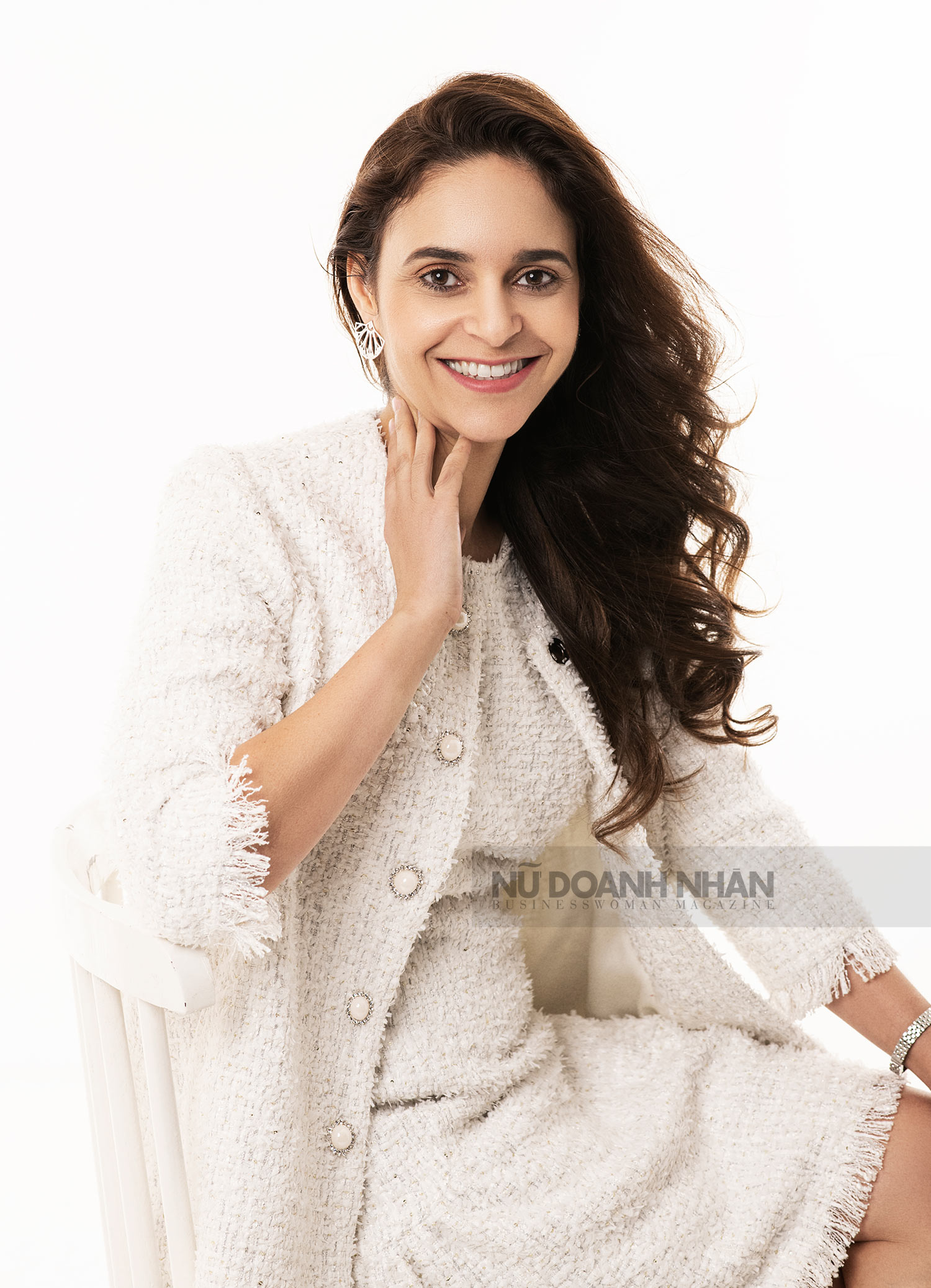
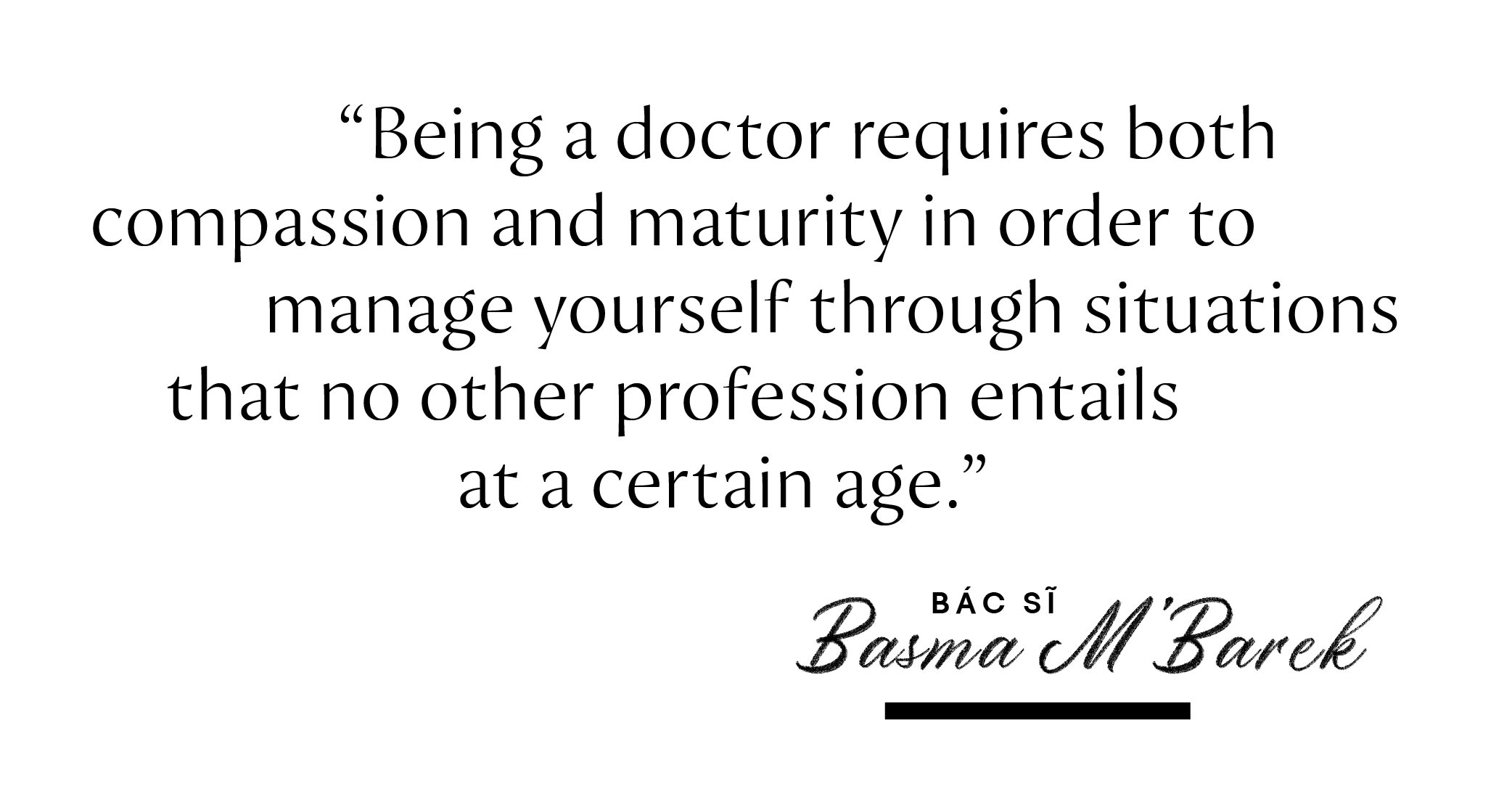
But then again, such a miracle has occurred for only a limited number of cancer patients. It would suggest that giving out so much hope is being over-optimistic, don’t you think?
Bear in mind that, once you have decided to treat someone, the both of you have entered a battle against the illness itself. I have made my choice and have ventured this far, 18 years on the same battlefield with my patients. And yet, a long and arduous journey is still waiting for me in the time to come.
Needless to say, success in their treatment would mean the world to me, while failure would certainly strike me hard. However, as a doctor, you must understand that these negative feelings are the part and parcel of your life, and you’ll have to face it for the rest of your career. I once was sad and crying for not being able to help, but instead of putting the blame on me, the patient’s family even tried to console me for having done my best. Being a doctor, your feelings may go up and down with every success and failure, but never must you let yourself fall into the pit of guilt when facing the patient and yourself. And that is why I always give it my best when treating a patient.
And throughout this battle that you have been on, and will be fighting, what is the greatest obstacle that you must often face?
The biggest problem is the patients themselves, refusing to undergo treatment despite the high chance of success. Among them, I can understand and sympathize with the elderly ones who “don’t have long” and wish to save money for their children. But for those who are still quite young but are easily discouraged and refuse treatment, or even worse, turn to unorthodox and unscientific methods, I am very disappointed for them.
However, I never feel angry or put the blame on them because, as patients, what they need is someone who understands and shares with them. I always leave the door open and welcome them back anytime, for I am here to help them, and the fact that many have successfully fended off their disease is what brings me joy.
Things might not always go down as we expect, and that despite a proper treatment method and course, a patient couldn’t be saved is nothing but common to me. Difficult as you may imagine having to tell it to their face, my duty as a doctor obliges me to inform them that we have tried our best, and the most important thing to do next is to alleviate their physical pain for the remaining time. Calming the mental anguish, on the other hand, is quite a challenge, but we do try to lift it off them, while accompanying them in the preparation to go through the last stage in the most soothing and least excruciating way.
You have spent the last 18 years challenging yourself in many positions, travelling to many places and discovering many things. And up to today, you haven’t given up the battle against cancer. If given a chance to look back in retrospect, what in this long journey of yours would you take most pride in?
I believe that the greatest pride I take is in the passion and devotion for the field of oncology. Until this very moment, that fiery passion has not dwindled one second for nearly 20 years. It’s like a marriage to me, but while most people think that love would diminish over time, mine is still passionate, energetic, and unfaltering.
Ever since the very first step I took on this journey, I’ve never thought that I’ve made a wrong decision. I am committed to and attracted by what I do, and even if I could have chosen differently, I would still become an oncologist and try better than I did.
The yardstick of a doctor’s competence, for me, is dedication and sympathy. Everyone can eventually acquire the body of knowledge needed to fully exploit their potentials and use it to save lives, but it is a doctor’s dedication and sympathy that urges him or her to treat the patient, no matter what disease they carry. In the sense of “dedication”, you must learn that treating a patient is about making a difference, and not just doing your job and waiting to get paid at the end of the month. In the sense of “sympathy”, once you’ve agreed to treat a patient, you become a companion, a friend to the patient and their family, with a goal to find the best treatment. Nothing feels better than listening to your patient, sympathize with what they are going through, and “take their hands” through the shadow of illness.

Ms. Basma M’Barek, I couldn’t help but notice that since the beginning of our conversation, all you’ve been talking about is work and work. Having to work in such a stressful and emotional field as cancer treatment, you must have figured out some way to keep a balance in your life, haven’t you?
Becoming a doctor means growing mature earlier than your peers. Would you be able to devote your youth to study and research, and would you be sympathetic enough to make a sacrifice for the need of the many? Being a doctor requires both compassion and maturity in order to manage yourself through situations that no other profession entails at a certain age.
There are ways for me to temporarily forget all the stress of work and regain balance in life, travelling for instance. But no matter what I do, my top priority is always to make thorough preparation for my patients to continue their treatment smoothly during my absence.
Another one of my priorities is personal health, so that I am always best fit for the job. You cannot give others what you do not have. Without money, you cannot help someone with their financial issues. And without good health, how can a doctor take care of his or her patient? Therefore, being a doctor, and a woman, it is of utmost importance for me to take good care of myself. Only when I am feeling positive can I spread such positiveness to my patients, encouraging them to be optimistic for the most “fragile” stage in their life.
However, no one can withstand anything without having to “recharge their batteries”, there will be times when you need to be alone and prepare yourself for the next turn of life. Only with comfort and strength can you really bring about joy and salvation to others.
After work, I would spend my entire time with my family, my children, and not wasting it on any useless things like surfing the web or watching TV. Instead, I give more time to my own hobbies, say decorating my home, playing a musical instrument or reading books.
Health tips from Dr. Basma M’Barek
➣ Despite my hectic profession, I always try to make some time of my own. Exercising, for instance, doesn’t require perfect conditions, but can be performed anywhere, even for just 5 or 10 minutes.
➣ In order to obtain long-standing health, I believe in a tri-factor combination: Healthy diet, intensive workout and most importantly sufficient rest.
➣ There are a lot of articles and books telling us to enjoy our lives, go out there and live to the fullest, but no one is telling you to “take a break” in its true meaning. As for myself, the simplest and easiest way to maintain one’s health is to rest, truly relax and not even think of work at all.
Source: https://nudoanhnhan.net/bac-si-basma-mbarek-nguoi-gieo-hy-vong-song-cho-benh-nhan-ung-thu.html

 Vi
Vi 
